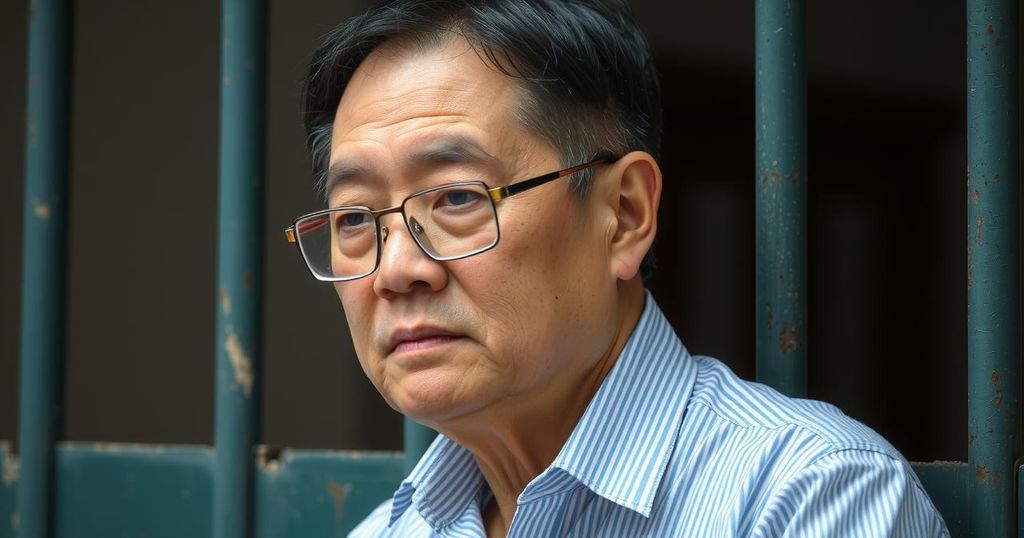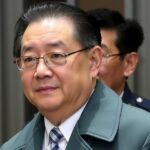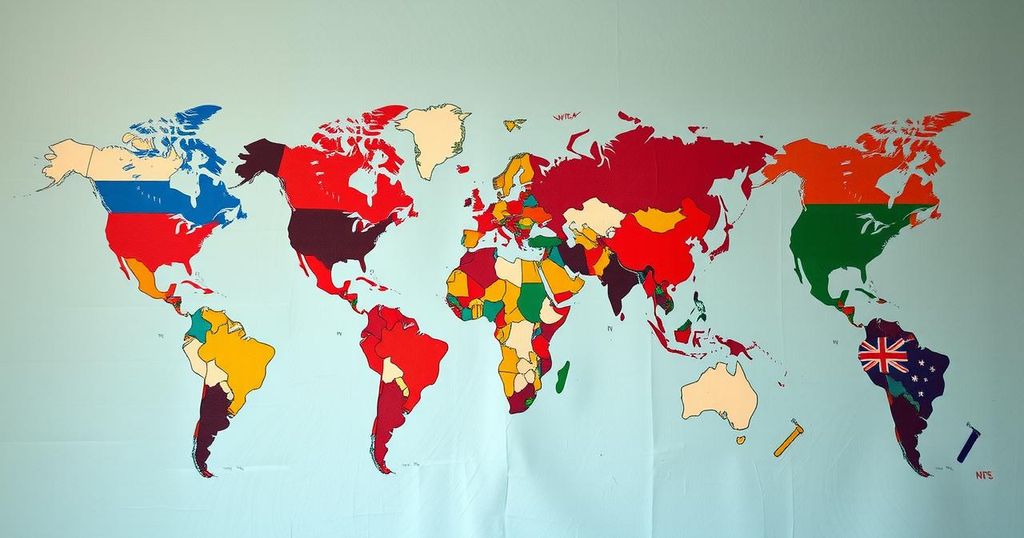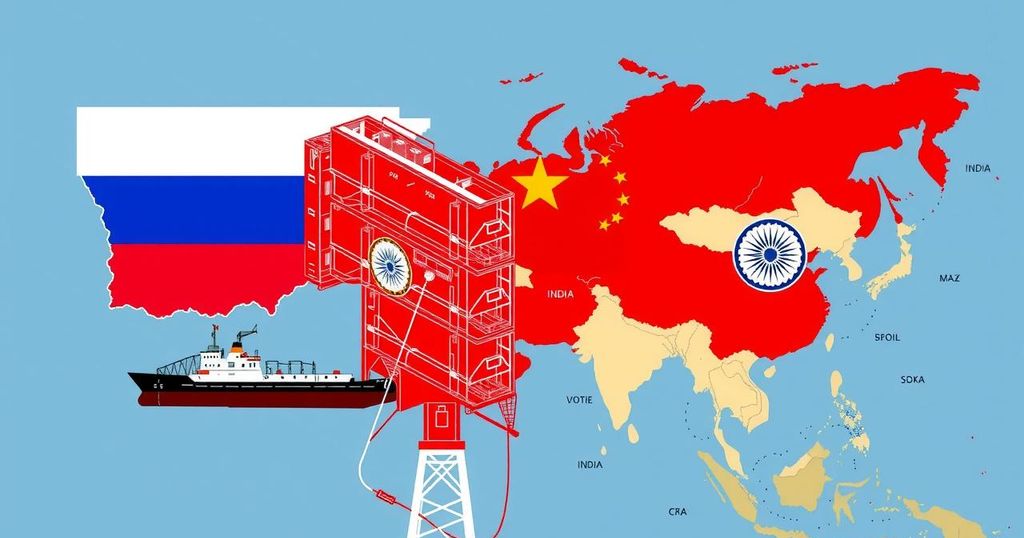Rejection of Yu Wensheng’s Appeal Highlights China’s Fear of Dissent
The rejection of Yu Wensheng’s appeal against his three-year prison sentence for inciting subversion reflects China’s ongoing repression of human rights activists. Both Yu and his wife Xu Yan have faced baseless charges aimed at stifling their dissent. Amnesty International denounces their imprisonments, emphasizing the need for their immediate release to uphold freedom of expression.
On January 6, 2025, the Suzhou Intermediate People’s Court dismissed the appeal of Yu Wensheng, a prominent Chinese human rights lawyer, against his three-year sentence for “inciting subversion of state power.” This case, along with the conviction of his wife, activist Xu Yan, reflects intense governmental repression of dissent and undermines freedom of expression in China. Amnesty International condemned their imprisonments, emphasizing the lack of legitimate grounds for their charges, which are perceived as an attempt by the Chinese authorities to stifle human rights advocacy.
Yu Wensheng and Xu Yan, both recognized for their activism, were arrested on April 13, 2023, while en route to a meeting with a European Union delegation in Beijing. Initially detained for “picking quarrels and provoking trouble,” they faced recharged offences in October 2023. Reports reveal distressing conditions during their incarceration; Xu Yan has reportedly lost significant weight and may have suffered ill-treatment, including psychological intimidation aimed at silencing her family’s advocacy efforts. Their son, now turned 18, has also experienced mental health deterioration linked to their detainment and separation.
Yu Wensheng’s convictions are indicative of a larger pattern of state-sponsored suppression of dissenting voices. Previously sentenced to four years for similar charges in 2020, he symbolizes the risks faced by human rights defenders in China. Despite pressures, Xu Yan has persistently campaigned for Yu’s release, facing harassment from authorities and ongoing surveillance. Yu has been recognized internationally for his commitment to human rights, receiving the Martin Ennals Award in 2021, marking significant acknowledgment of his struggles against oppressive policies.
The rejection of Yu’s appeal underscores the Chinese government’s widespread efforts to repress any form of dissent through aggressive legal mechanisms. The accusations leveled against both Yu and Xu are viewed by international observers as entirely fabricated, underscoring a substantial fear of independent thought and advocacy within the state apparatus. Hence, both activists should be released without delay, reinstating their fundamental rights to freedom of expression.
The detainment of Yu Wensheng and Xu Yan marks a continuing trend of repression against activists in China. Yu Wensheng, a well-known human rights lawyer, has previously faced charges similar to his current ones, reflecting a persistent crackdown on human rights advocates in the country. The couple’s recent arrests, coinciding with their interactions with foreign officials, suggest that the Chinese government perceives dissent as a severe threat to national security. Reports of harsh detention conditions, particularly for Xu Yan, add to concerns regarding the treatment of activists within the punitive legal framework of China.
The case involving Yu Wensheng and Xu Yan exemplifies the serious repercussions faced by human rights advocates in China, where the state employs legal rerouting and harsh penalties to stifle dissent. Their ongoing detainment highlights broader systemic issues within the country, particularly concerning freedom of expression and the treatment of political prisoners. International pressure, as articulated by organizations such as Amnesty International, is critical in calling for their immediate and unconditional release, reflecting the international community’s commitment to human rights.
Original Source: www.amnesty.org








Post Comment